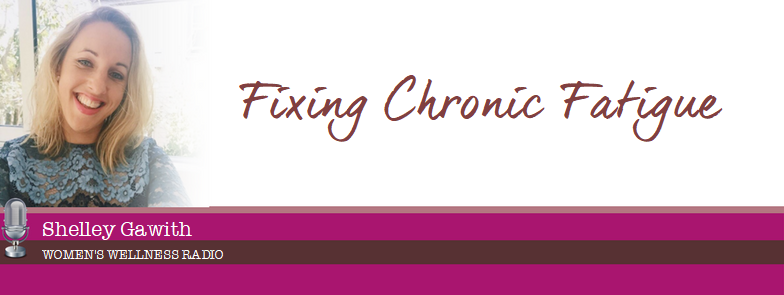Many people mistake the picture of health for a picture of deprivation. In fact, it’s quite the opposite. We can enjoy good food, good friends, and lots of fun and pleasure while we enjoy good health as well!
Today we’re going to cover five fun ways to heal your adrenal glands. The adrenal glands produce hormones for energy and stress-handling, and they take a beating in our culture of chronic stress.
Adrenal function can go awry in three phases:
Hyperfunction- You are producing a lot of cortisol and may feel like you have a lot of of energy. However you may have trouble relaxing, may be gaining mid-section weight, and may have lost interest/focus for sex.
Dysregulation- Your adrenals are fatiguing, and your energy is varied. You may be tired in the mid-afternoon, and relaying on caffeine and sugar for a lift. You might be getting sick too often. You may feel like you only have energy late at night.
Exhaustion- Your adrenals don’t have a lot to give. You may get diagnosed with chronic fatigue syndrome or hypothyroidism. You may just feel like a shadow of your once energetic self.
There are causes of stress beyond the obvious ones (traffic jams, deadlines, fights), that include things like environmental toxicants, internal parasites and food sensitivities.
But today we are going to focus on ways to calm and restore your body, that you’ll also enjoy! These tips support you, whichever phase of adrenal dysregulation you may be experiencing.
1. Have unstructured time.
Is your day planned out and packed from morning to bedtime? This is very tiring on your system! Give yourself some time to just wander, relax and do whatever you choose. If your day is really packed, you may have to actually schedule this time.
2. Get out in nature.
Getting outdoors can shift your perspective away from your worries, and help you see the bigger picture. This can be a true camping trip, sunbathing in a park, or just walking around your neighborhood. The fresh air, vitamin D and phytochemicals emitted from plants will all help balance your cortisol. (1) (2)
3. Vacation.
With smartphones, laptops and ever-present wifi, many people are working seven days and week. Taking a long weekend or, better yet, a whole week or month to really unplug and explore is super restorative. When is your next vacation?!
4. Read.
Reading, preferably on an old-fashioned paper book without the blue light of a screen, has been studied to be very effective for relaxation. I also encourage reading fiction, or whatever subjects really ‘takes you away.’ Your body will appreciate this break! (3)
5. Sleep.
Sleep is the most restorative thing we do. It’s so important that it takes up a third of our day! There is an old saying that every hour of sleep before midnight is worth two hours. This may be because we produce more human growth hormone when we sleep when it turns dark, instead of staying up. (4) So, especially while you are healing adrenal dysregulation, it’s important to get to bed before 10 PM.
You may find that you ramp up if you stay up after 10. This does not mean that you are a nocturnal creature. It means your circadian rhythm and cortisol rhythm is off. So you really need to try to get it back on track. That may mean working with a practitioner, but for starters, avoid sugar and alcohol at night, and end screen time by 8 PM.
You will find that you feel much better the next day when you are asleep by 10. The human growth hormone we produce when we sleep repairs our bodies and gives us energy. (5) Human growth hormone is what we produce more of when we are young, so getting good sleep is like a little fountain of youth every night.
Please incorporate these five fun cures for your adrenals, and you just might find you want to keep these habits around!
For more information on healthy lifestyle for women, take our free Hidden Hormone Health Stressors quiz!
Contributed by Bridgit Danner, LAc, FDNP
Sources:
http://www.ncbi.nlm.nih.gov/pmc/articles/PMC2793346/
http://www.ncbi.nlm.nih.gov/pubmed/20074458
http://www.telegraph.co.uk/news/health/news/5070874/Reading-can-help-reduce-stress.html
http://www.ncbi.nlm.nih.gov/pubmed/3720426
http://www.ncbi.nlm.nih.gov/pubmed/12797841





